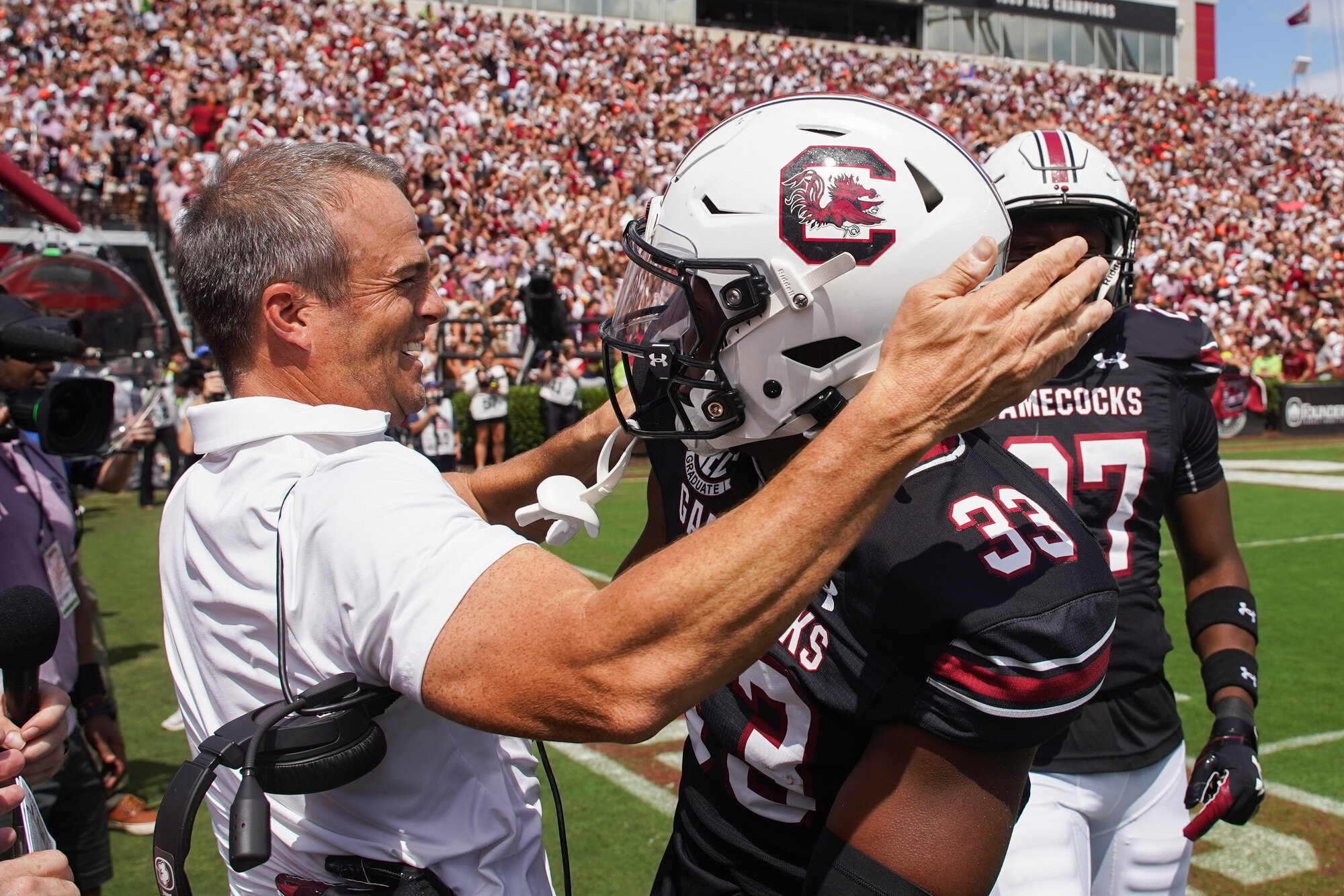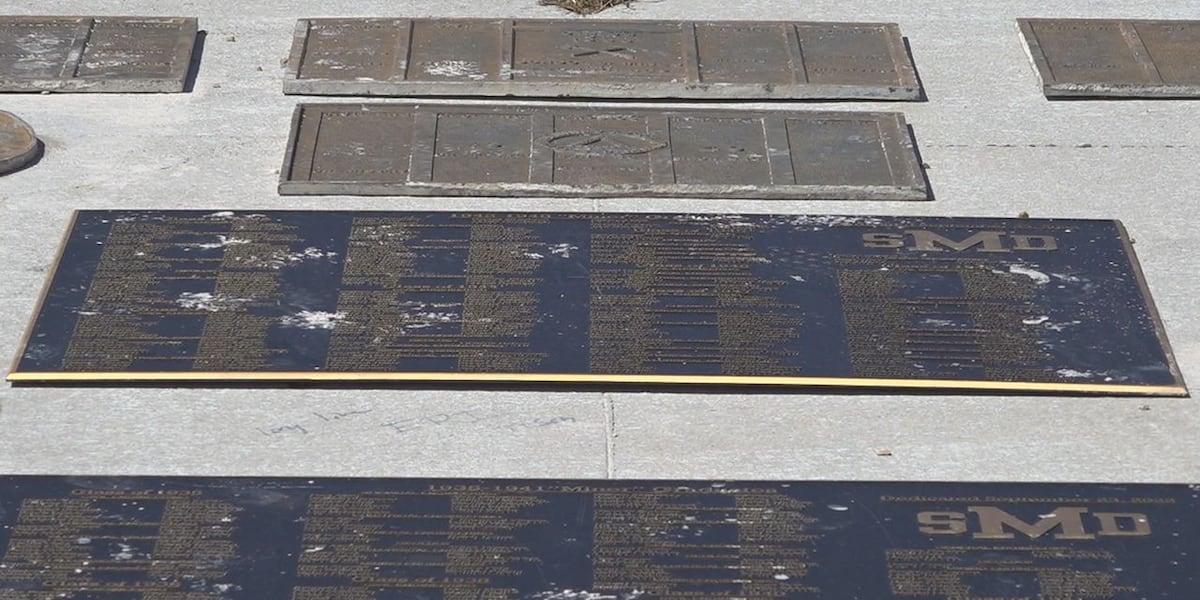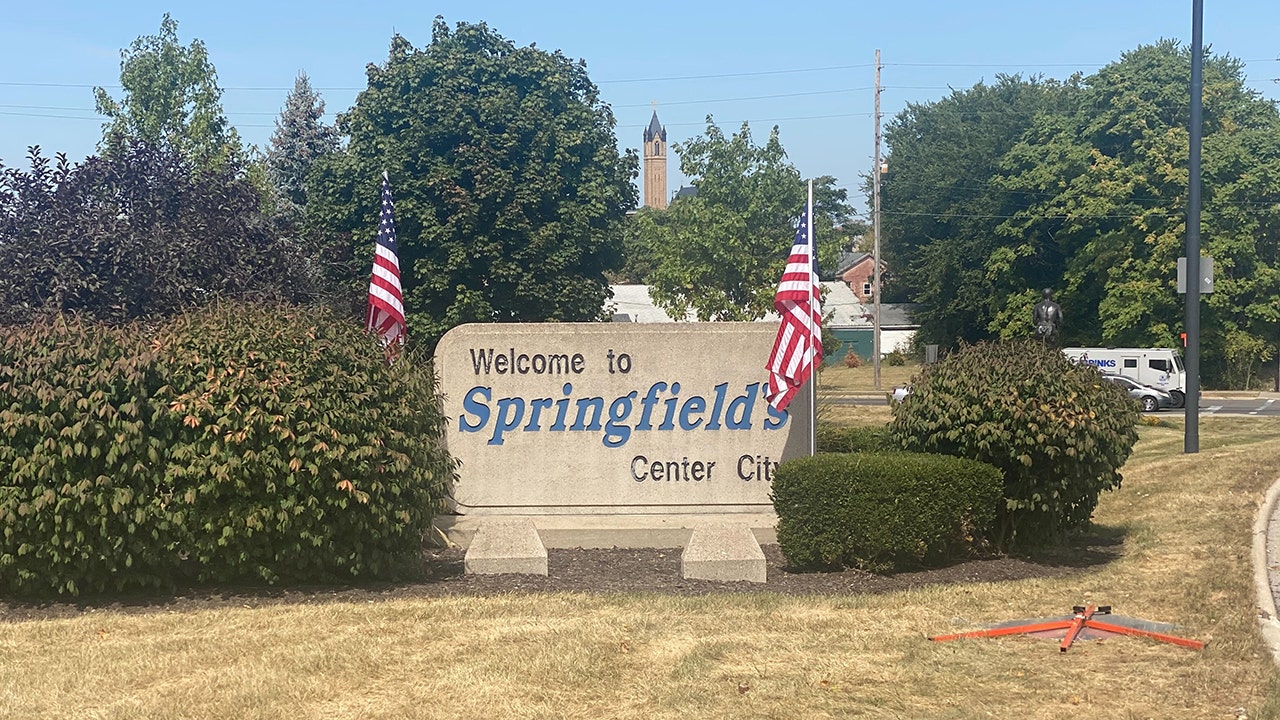Southwest
Former undercover agent recalls infiltrating the Hells Angels: 'A dangerous game to play'
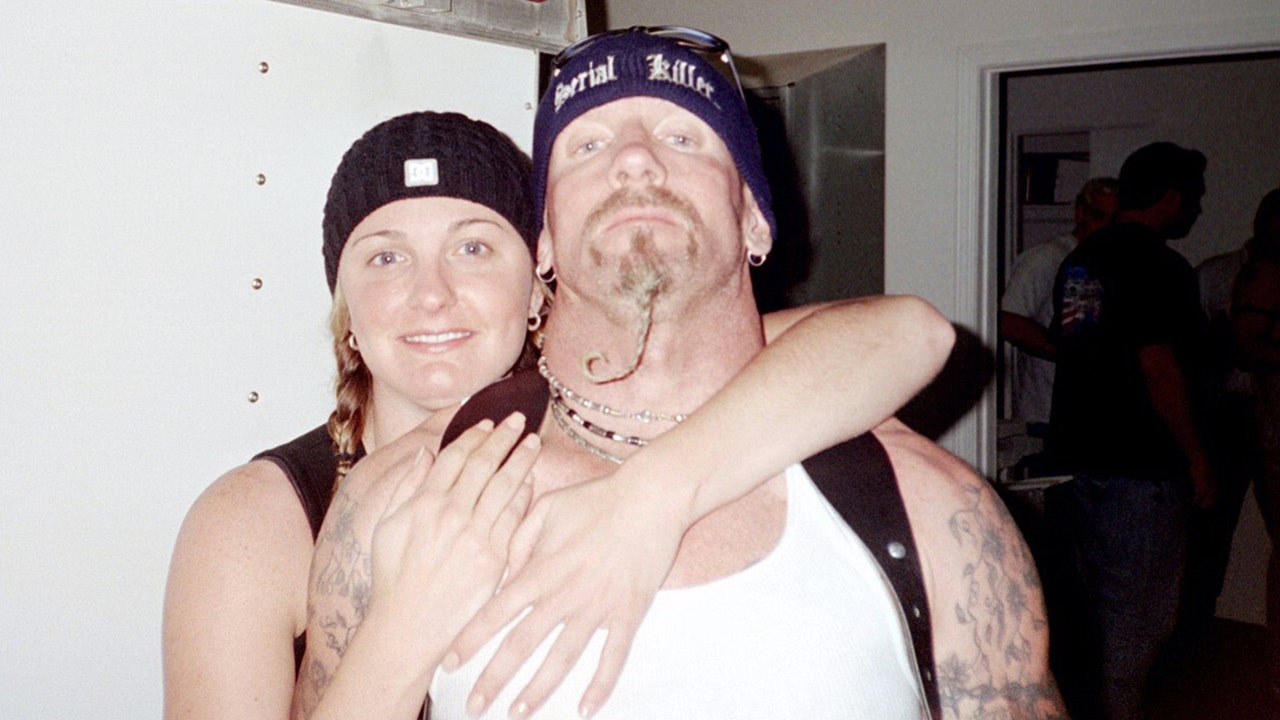
Jay Dobyns lived a double life for two years, and it nearly cost him his life.
Now retired, Dobyns worked for the Bureau of Alcohol, Tobacco, Firearms and Explosives (ATF), which enforces the nation’s gun laws. From 2001 to 2003, he went undercover as he infiltrated the Hells Angels in Arizona.
He is now sharing his account in a new A&E series, “Secrets of The Hells Angels,” which examines the history of the notorious biker club. It features new interviews with former chapter presidents, as well as law enforcement officials, undercover agents and victims.
THE INFILTRATION OF HELLS ANGELS: TALES OF AN UNDERCOVER AGENT
Jay Dobyns, seen here with another agent posing as his girlfriend, went undercover and infiltrated the Hells Angels in Arizona for two years. (A&E)
“This infiltration had never been done before by law enforcement,” Dobyns told Fox News Digital. “Cops had never gotten under the wire of the Hells Angels in the past. All the other outlaw motorcycle gangs had been infiltrated, but the Hells Angels prided themselves on being impenetrable.
“Their mantra was that a law enforcement officer would never be able to keep up with their pace,” Dobyns shared. “A cop couldn’t run as long and as hard and as fast as their world demanded before they were able to sniff out who that infiltrator might be and then get rid of them. So, the fact that we did get inside has stood the test of time.”
The organization has a long history in California, dating to its founding in 1948 by returning World War II veterans in the dusty town of Fontana. It includes a notorious incident during a Rolling Stones show in Altamont in 1969 in which a spectator was stabbed by a Hells Angel working security. A jury later acquitted the killer, finding he acted in self-defense.
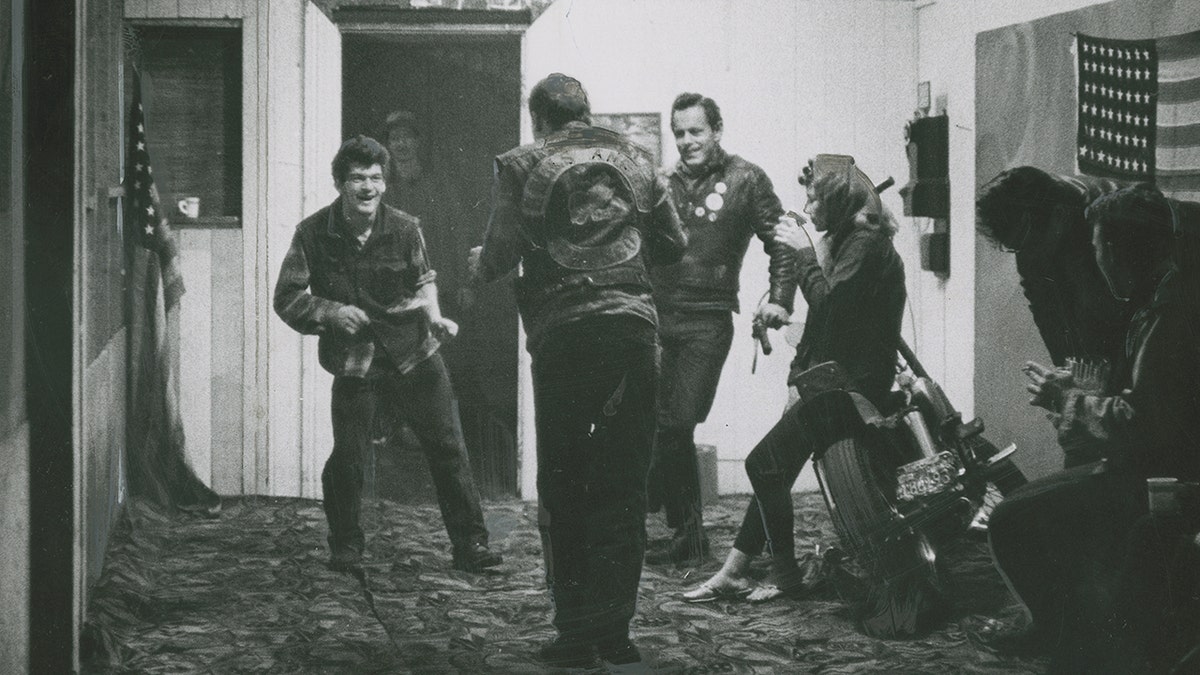
Mick Jagger and Keith Richards of the Rolling Stones warily eye the Hells Angels onstage at the Altamont Speedway December 6, 1969, in Livermore, Calif. (Robert Altman/Michael Ochs Archives/Getty Images)
In 2011, the U.S. Department of Justice said the Hells Angels had as many as 2,500 members in 230 chapters in 26 countries. According to the FBI, the Hells Angels are still listed as an outlaw motorcycle gang involved in various criminal activity, including drug trafficking.
Federal, state and local police have pursued the club for decades, infiltrating it with undercover agents, prosecuting suspects with harsh charges once reserved for the Mafia and indicting members on charges ranging from drug trafficking to mortgage fraud.
Still, the club has flourished over the years. It has gone on to open chapters worldwide and aggressively enforce its trademarks in court. It has also won high-profile acquittals and other legal battles with law enforcement.
FOLLOW THE FOX TRUE CRIME TEAM ON X

Frisco Hells Angels, circa 1964. (Peter Breining/San Francisco Chronicle via Getty Images)
Dobyns already had 15 years of undercover street experience when he was assigned to Operation Black Biscuit. In preparation for the assignment, Dobyns shaved his head and became “fully sleeved” with tattoos from shoulder to wrist. He also bulked himself up.
The former star football player and family man had transformed into “Jaybird” Davis, a chain-smoking, Harley-riding renegade.
“I never tried to convince the Hells Angels that I was some experienced biker because I would’ve been sniffed out immediately,” Dobyns explained. “I portrayed myself as this gangster who was trying to be part of their world. It kept my story very close to the truth. I portrayed myself as a gun runner and a debt collector, not as a biker.”
Dobyns was convincing. And it didn’t take long for him to be welcomed with open arms.
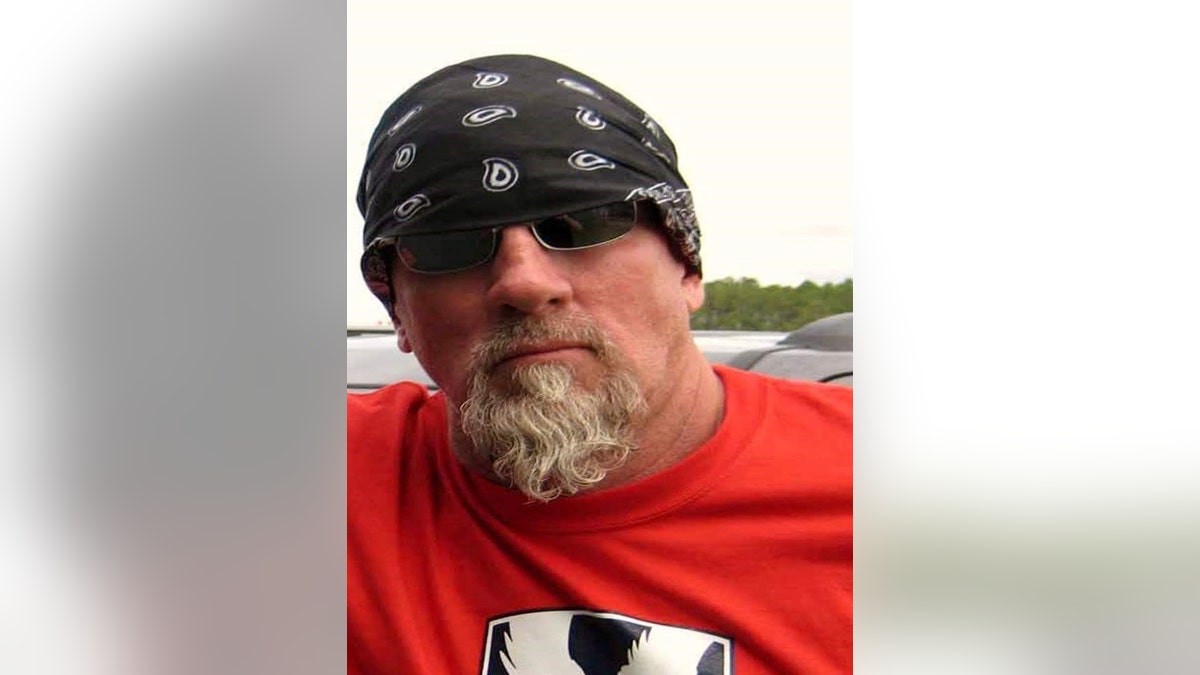
“I portrayed myself as a gun runner and a debt collector, not as a biker,” Jay Dobyns told Fox News Digital. (A&E)
“For a group that portrays themselves to be these fun-loving rascals . . . they had massive amounts of internal rules and laws about what the organization’s policies are,” he recalled. “They don’t want to live by society’s rules and laws, but they have more of their own internal rules and laws than we carry as common citizens.”
“[T]he Hells Angels are uniquely paranoid. They’re paranoid for a very valid reason. That paranoia keeps them out of jail. It keeps them out of prison. It keeps them from being infiltrated.”
The Angels have always maintained they are a club of motorcycle enthusiasts who are unfairly regarded as an organized crime syndicate because of the crimes of a few members acting independently. The club participates in charity events, such as “Toys for Tots,” motorcycle runs and blood drives.
“When we do right, nobody remembers,” the club’s website states. “When we do wrong, nobody forgets.”
SIGN UP TO GET THE TRUE CRIME NEWSLETTER
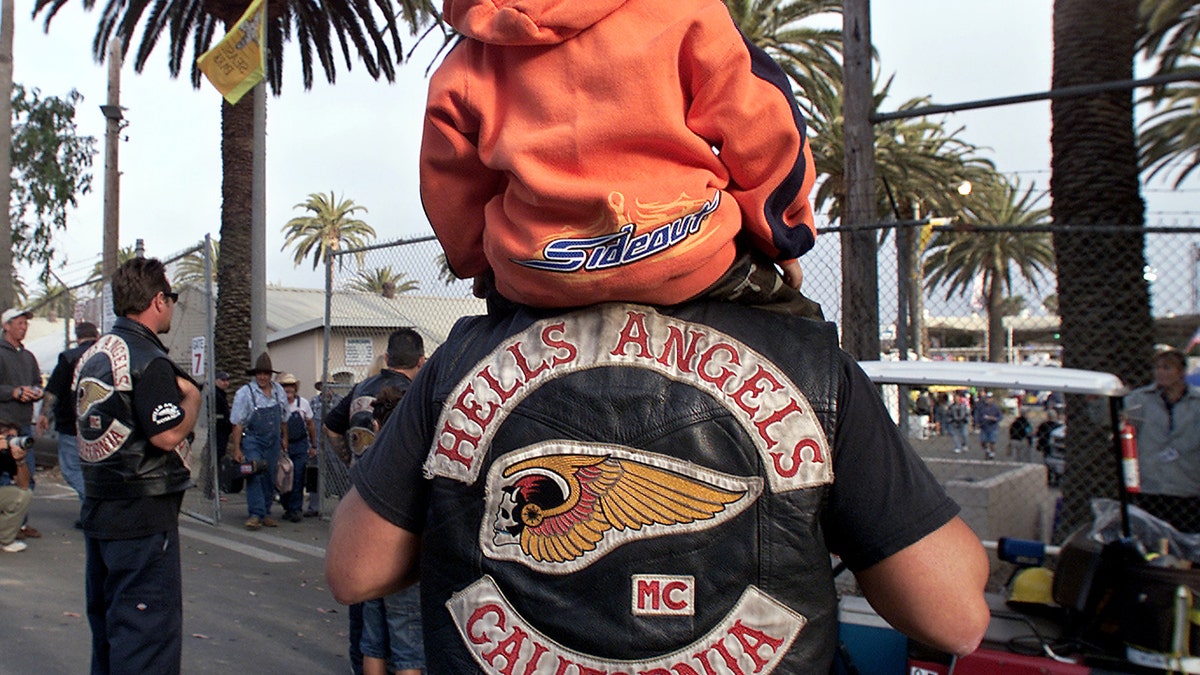
The Angels have always maintained they are a club of motorcycle enthusiasts who are unfairly regarded as an organized crime syndicate. (Ricardo Dearatanha/Los Angeles Times via Getty Images)
Dobyns was invited to join the group only after “killing” the leader of a rival gang, the Mongols. The shooting death was staged, complete with a Hollywood makeup artist and a dead cow used to splatter the victims’ clothing with blood and brain matter.
Dobyns admitted there were moments when he feared for his life.
“[A]nybody who does undercover work and treats it like a hobby, treats it like a gimmick, ends up hurt or dead. You have to be all in. You have to allow that world to consume you because you’re never off.”
“You’re pretending to be someone that you’re not,” he said. “And the Hells Angels are uniquely paranoid. They’re paranoid for a very valid reason. That paranoia keeps them out of jail. It keeps them out of prison. It keeps them from being infiltrated. Because of that paranoia, every single thing about you is being scrutinized. How you walk, how you talk, the clothes you wear, the motorcycle you ride, how you ride it, the car you drive, where you live, the condition of where you live. Is it real?
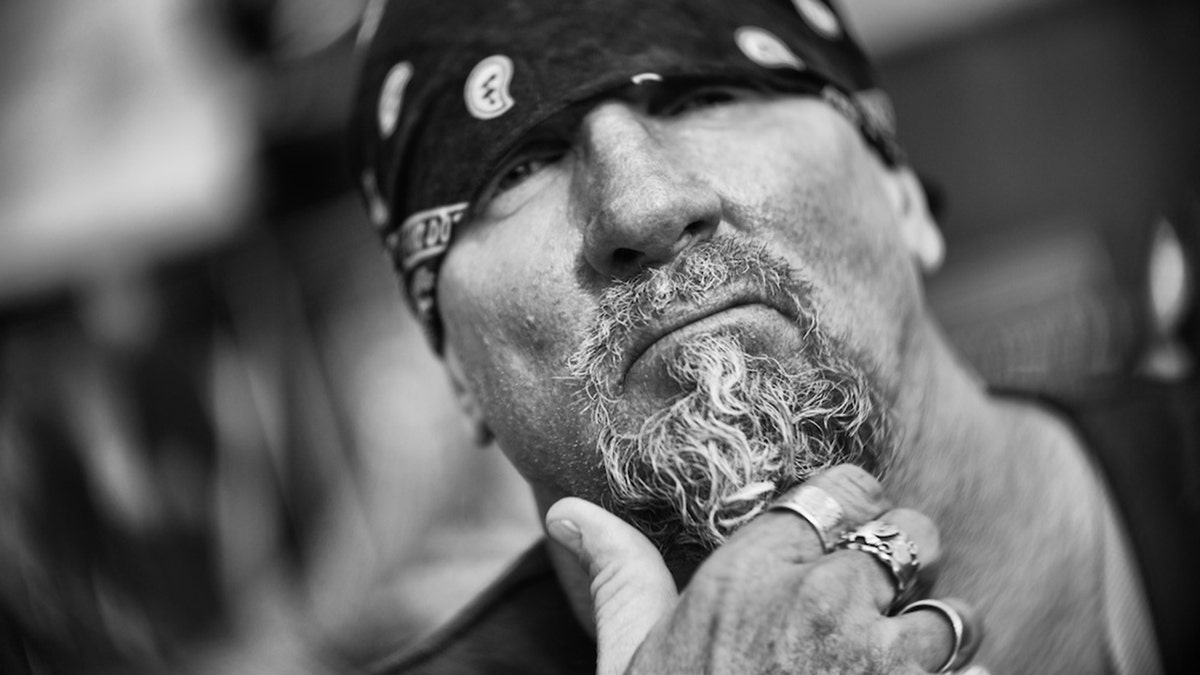
Jay Dobyns admitted there were moments he feared for his life. (A&E)
“You can’t make a mistake in that world because a mistake means life or death.”
As Dobyns moved up, his home life was deteriorating. He recalled signing a personal check using his alter ego’s name. His wife was beginning to not recognize her spouse, who was losing himself.
“I put a massive amount of battle damage on my wife and kids,” Dobyns admitted. “My regret, my failure, the shame that I continue to carry today is that I put my job in front of my family. At the time, I tried to justify it to myself, saying anybody who does undercover work and treats it like a hobby, treats it like a gimmick, ends up hurt or dead. You have to be all in. You have to allow that world to consume you because you’re never off.
GET REAL-TIME UPDATES DIRECTLY ON THE TRUE CRIME HUB
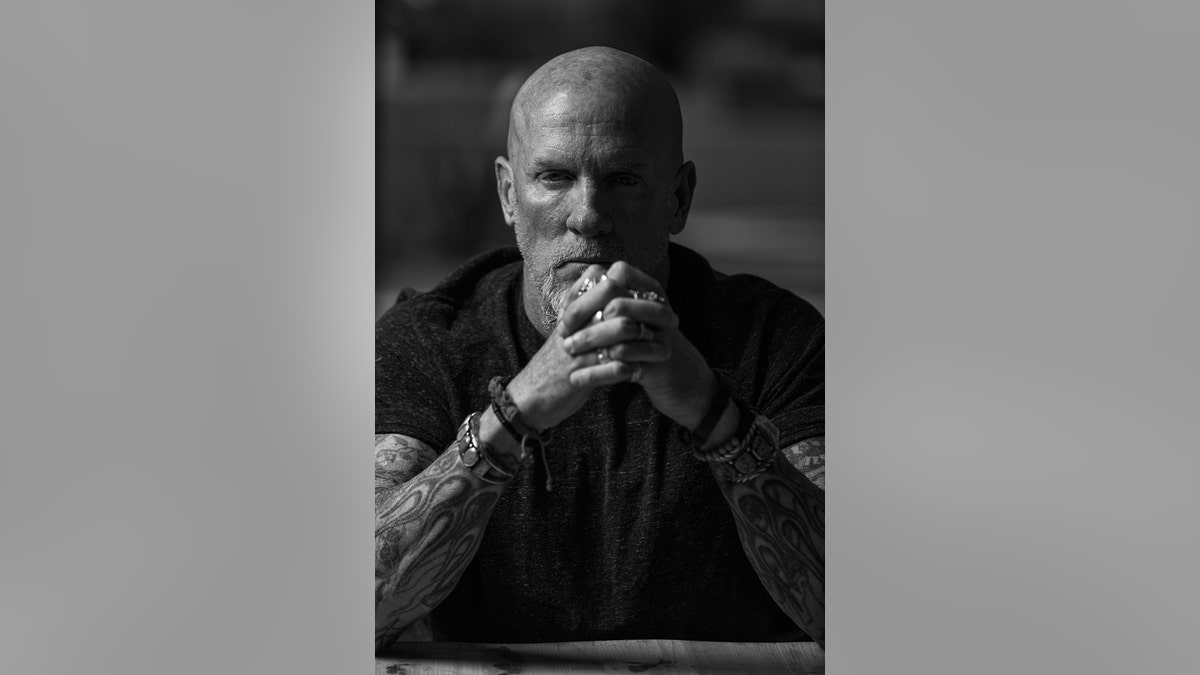
After conducting over 500 undercover investigations spanning over 20 years, Jay Dobyns retired from the Bureau of Alcohol, Tobacco, Firearms and Explosives (ATF). (A&E)
“I had lived that role for so long that it inherited my personal life,” he added. “Putting my undercover assignment in front of my wife and kids is now probably my greatest life regret. I know I should be trying to flatter myself … but if I’m not transparent, if I’m not honest, then none of this has credibility.”
Operation Black Biscuit came to an end in 2003. According to Dobyns, the case at that point had become “almost too dangerous to survive in.” It brought 16 indictments, including charges of murder and racketeering.
Dobyns said several Angels wasted no time in seeking retribution once his identity was uncovered. “Threats poured in” to gang-rape his wife, murder his family and infect him with HIV, he said.
His house was burned down in 2008 with Dobyns’ wife and children still sleeping inside. They escaped unharmed, but the arsonist was never caught.
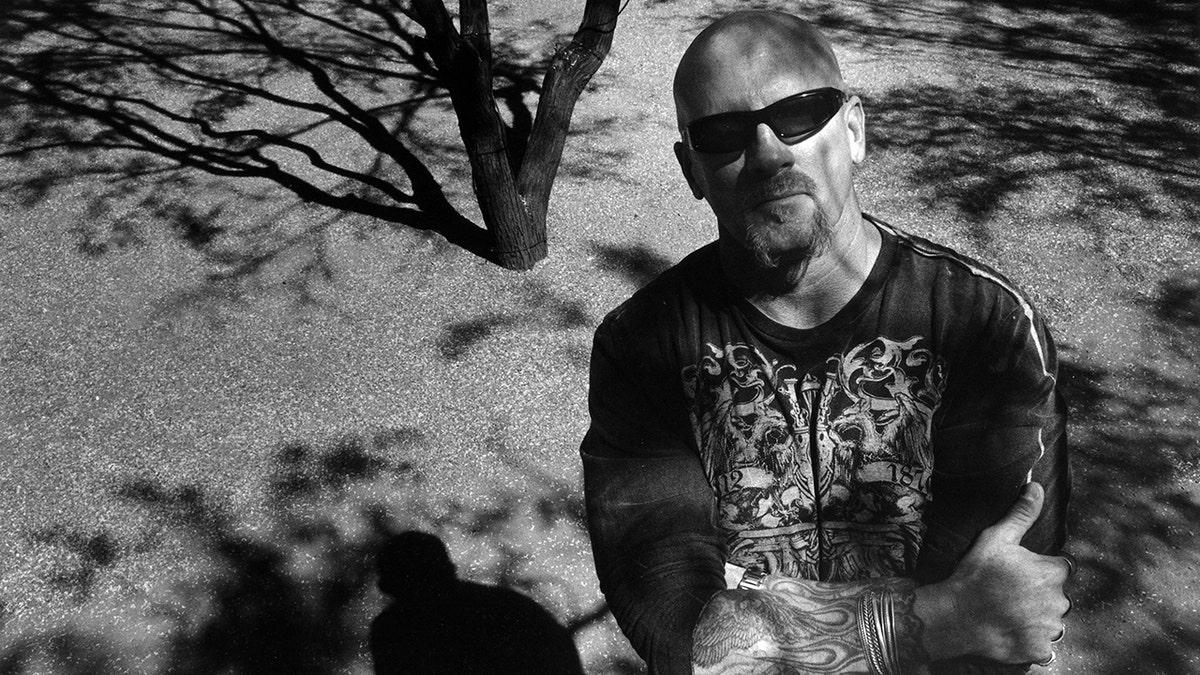
Jay Dobyns co-wrote The New York Times bestseller “No Angel” with Nils Johnson-Shelton about his harrowing experiences inside the notorious biker gang. (Ian Martin/Getty Images)
“The Hells Angels will kill their own when they feel like they’ve been betrayed,” said Dobyns. “When you show up as a newcomer, as a new person in their world, the Hells Angels view you as two things. They view you initially as a threat, because you’re an outsider. Then they view you as a victim, someone who can be manipulated or taken advantage of. I had to prove to them that I was neither. I wasn’t a threat, and I wasn’t a victim. Ultimately, that was the challenge for two years.
“I may have signed on for this assignment, but my wife and kids didn’t,” he reflected. “They were becoming the victim of these threats, but it was too late at that point. . . . The Hells Angels have their Ph.D. in violence and intimidation. They’re very good at it. . . . They don’t forgive, and they don’t forget.”
“They’re all likable. … They’re dangerous and violent men, but they’re also very charming.”
“Those threats, although not necessarily as prevalent today as they were a few years back, I’m still cautious,” he continued. “I don’t live my life in fear. I’m not trying to hide. . . . I’m telling the truth. I’m not going to run or hide from the truth either.”
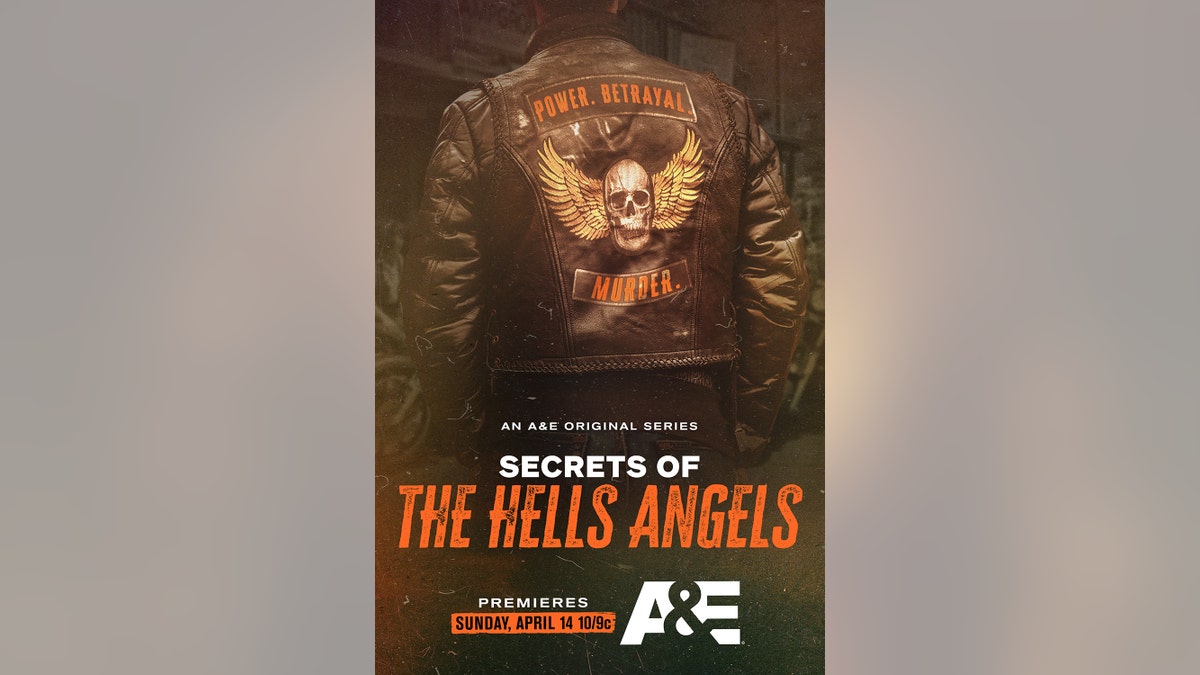
Jay Dobyns is speaking out in “Secrets of the Hells Angels.” (A&E)
With more than 500 undercover investigations under his belt spanning 20 years on the job, Dobyns retired from the ATF in 2014. In 2009, he co-wrote a memoir, “No Angel.”
Looking back at his experience, Dobyns said there’s good reason why Americans continue to be fascinated by the Hells Angels.
“They’re all likable,” he chuckled. “Those guys, in my personal experience, were pleasant to be in the presence of. . . . They’re dangerous and violent men, but they’re also very charming.”
“Secrets of the Hells Angels” premieres Sunday at 10 p.m. The Associated Press contributed to this report.
Read the full article from Here

Southwest
Meet the American who was the first paid professional football player: Pudge Heffelfinger
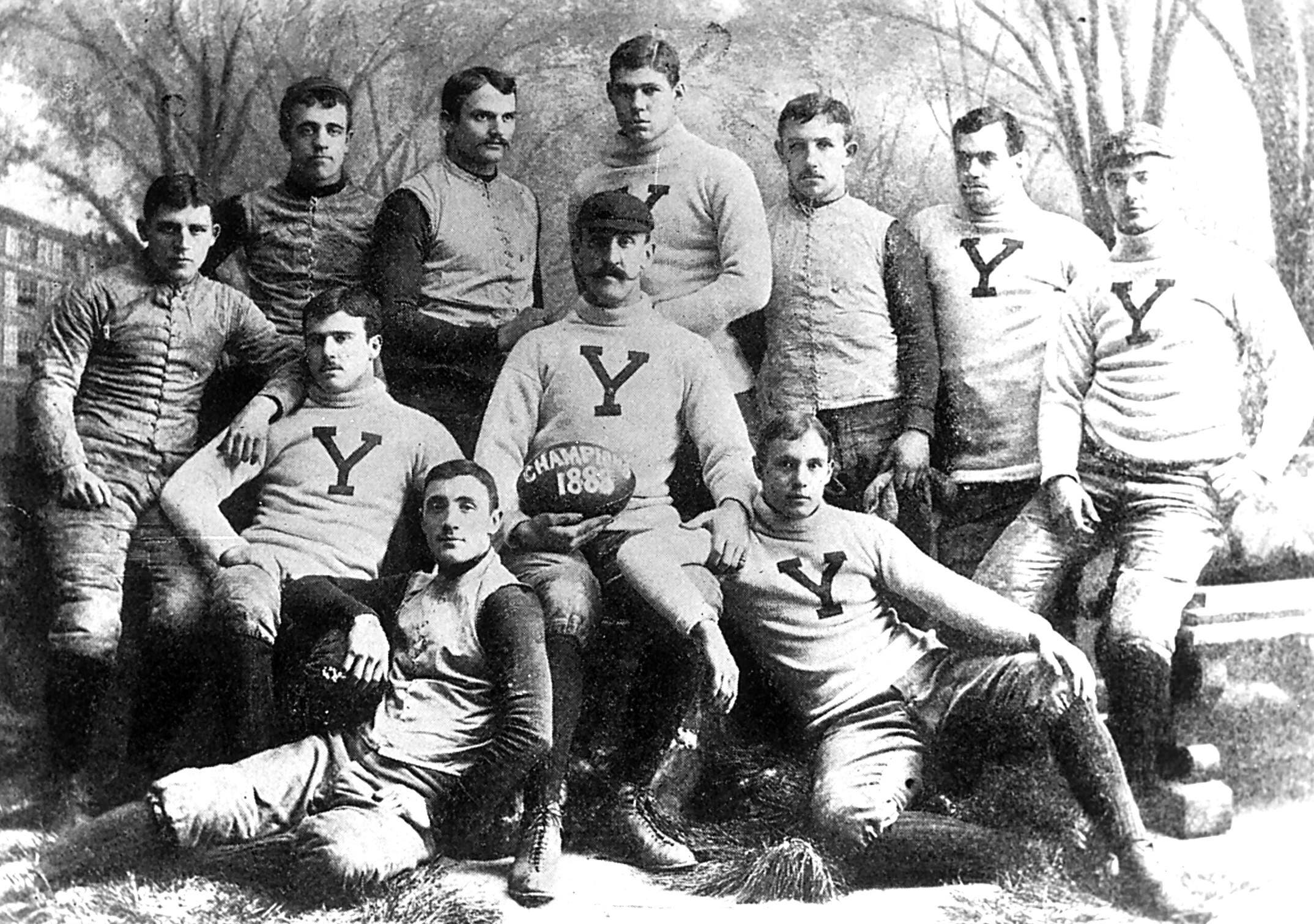
The name of the first professional football player seems too perfect to be true.
Pudge Heffelfinger sounds like a mythical Midwestern gridiron god more than a living, breathing human being.
Heffelfinger’s fable is actually nonfiction fare. He was as real as the broken ribs he brutally delivered to a poor college kid while scrimmaging for kicks and giggles with the Yale varsity football team — at 49 years old.
This groundbreaking goliath of American sports was “unquestionably the most amazing football player I had ever known,” legendary sportswriter Grantland Rice gushed in the introduction to Heffelfinger’s own book.
MEET THE AMERICAN WHO GAVE THE NATION OUR THANKSGIVING ORIGIN STORY: PILGRIM EDWARD WINSLOW
Heffelfinger was a Paul Bunyan-esque behemoth from Minnesota: tall, strapping, handsome and ferocious.
He starred for Yale from 1888 to 1891 and was the best player on some of the most dominant teams in college football history.
William Walter “Pudge” Heffelfinger was a strapping 6-foot-3, 205-pound lineman for the dominant Yale teams of 1888 to 1891. He became the first professional football player in 1892, when the Allegheny Athletic Association paid him $500 to play against the rival Pittsburgh Athletic Club. (Courtesy Pro Football Hall of Fame)
A year after manhandling overmatched amateur college opponents, Heffelfinger reshaped America’s favorite sport forever.
He was paid $500 to take the field for the Allegheny Athletic Association in an 1892 contest against the rival Pittsburgh Athletic Club.
“Pudge Heffelfinger was unquestionably the most amazing football player I had ever known.” — Grantland Rice
Heffelfinger entered history that day as the first known pro football player.
“Other players may have been paid to play before him — we don’t know for sure,” sports historian Ken Crippen, founder of The Football Learning Academy, told Fox News Digital.
“But Heffelfinger was the first for whom we have proof. After Heffelfinger … you were going to get the best players by throwing money at them.”
Heffelfinger proved to be one of the great ironmen in sports history. He played competitive football well into his 60s, after college as a barnstorming mercenary and in later years as a celebrity figure at charity games.
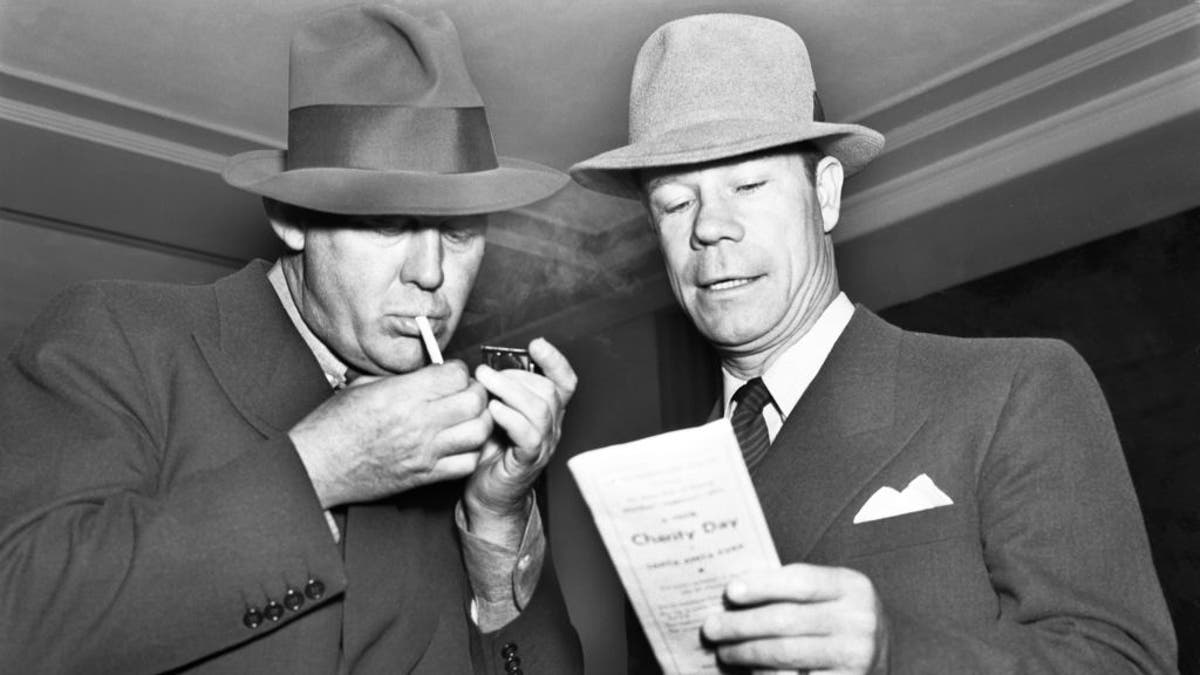
Grantland Rice, left, and Joe E. Brown, right, at the Santa Anita races. Rice is known for, among other things, crafting legendary phrases such as “The Four Horsemen of Notre Dame.” He called Pudge Heffelfinger “the most amazing football player I had ever known.” (Bettmann Archive/Getty Images)
Some sources put his last game at age 65, helping raise money for World War I veterans in 1932.
This super-human figure coached football, mentored players and championed football in media.
He helped popularize the game by publishing the annual “Heffelfinger’s Football Facts” from 1935 to 1950. It featured news, stats and schedules for both pro and college football.
MEET THE AMERICAN WHO SHAPED MODERN FOOTBALL: WALTER CAMP, PIGSKIN PIONEER
“It has been said by some historians that I will go down as ‘the greatest player of all time,’” Heffelfinger wrote in 1954, the year he died, in a biography called “This Was Football.”
“Deep in my heart I know it’s not true,” he added. “I can honestly claim, however, that I stuck with the game longer than anybody else did. On and off, I was an active football player 50 years.”
Born into new era of sports
William Walter “Pudge” Heffelfinger was born on Dec. 20, 1867, in Minneapolis to Christopher and Mary Ellen (Totton) Heffelfinger.
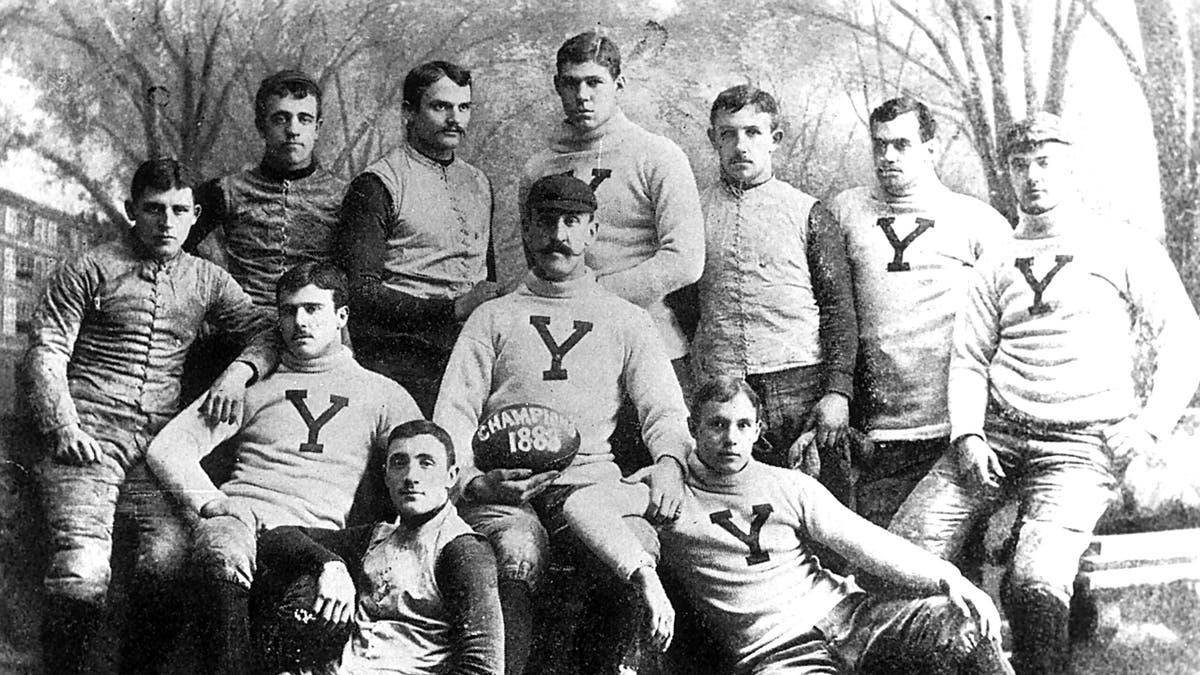
Yale University’s 1888 football team, coached by Walter Camp, went 13-0 and outscored its opposition 694-0. Pudge Heffelfinger (back row, center) towered over his teammates. (ullstein bild via Getty Images)
His father was a Civil War veteran wounded at Gettysburg, who then built a prominent shoemaking business in Minneapolis.
“Pudge wasn’t really pudgy,” Richard Goldstein wrote in “Ivy League Autumns,” published in 1996.
MEET THE AMERICAN WHO INSPIRED THE NATION IN TWO WORLD WARS: CHRISTIAN SOLDIER SGT. ALVIN YORK
“He picked up the nickname while playing sandlot football in Minneapolis at age 15.”
Heffelfinger was born into a nation on the cusp of the sport-as-entertainment explosion that followed the Civil War.
The Cincinnati Red Stockings, the first professional baseball team, played their first game in the spring of 1869. In the autumn of that same year, Rutgers and Princeton battled in the first college football game.
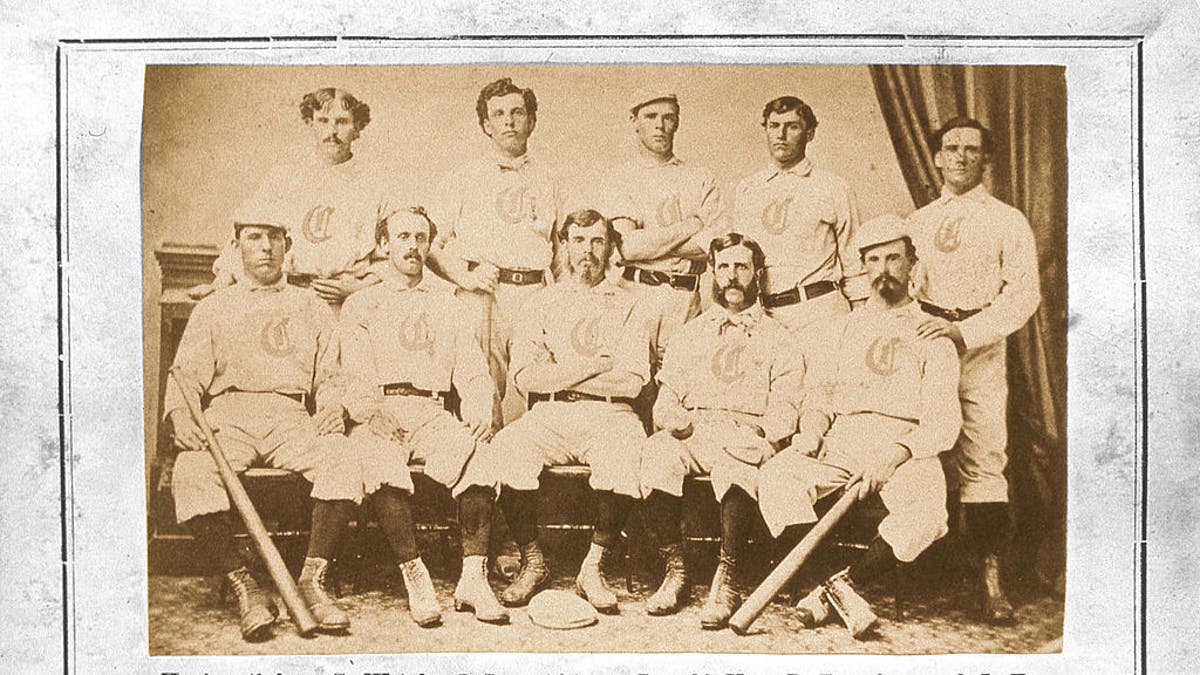
The Red Stocking Baseball Club of Cincinnati, Ohio, poses for a team photo in 1869, which was issued as a trade card. The Red Stocking, the first pro baseball team, and the first college football game, both emerged in 1869 — part of a post-Civil war obsession with sports as entertainment. (Mark Rucker/Transcendental Graphics, Getty Images)
Heffelfinger starred in both baseball and football at Central High School in Minneapolis. It’s the same high school that produced music legend Prince — before closing in 1982.
His athletic exploits gave Heffelfinger the opportunity to play at Yale, the best college program in America, under coach and pigskin pioneer Walter Camp, widely proclaimed as the father of modern football.
“Heffelfinger was extremely quick, powerful, intelligent and fearless,” Goldstein wrote. “He pounced on opponents while playing defense and led the line charge on offense, springing from a semi-erect stance.”
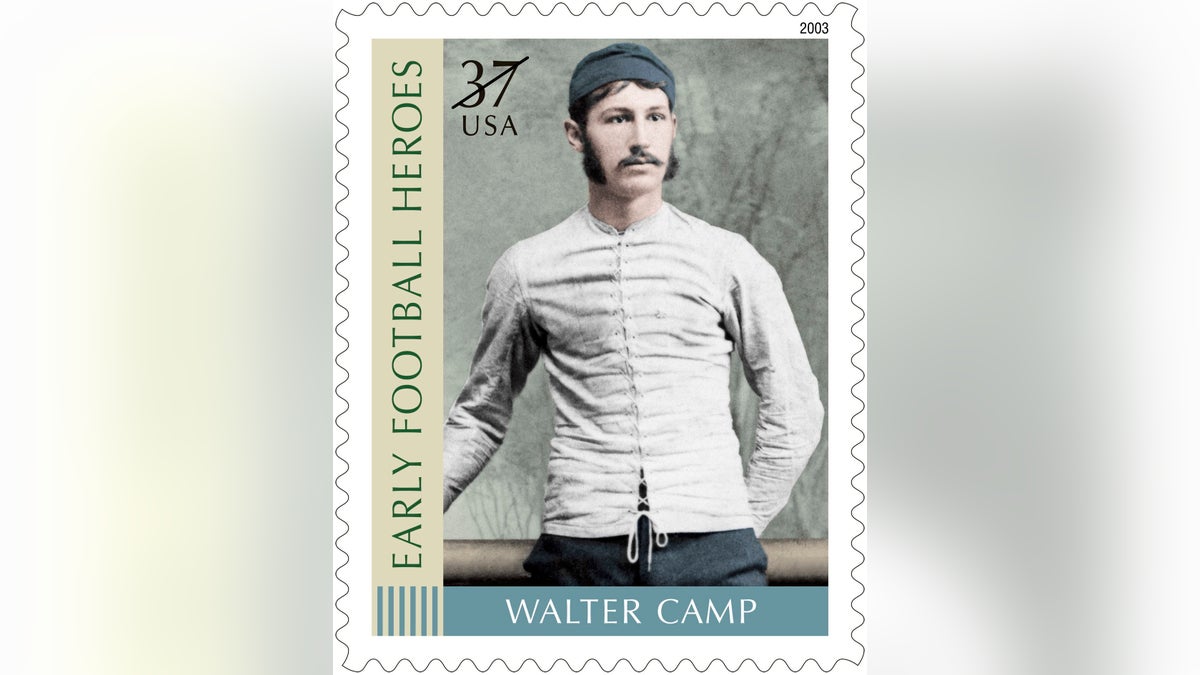
The U.S. Postal Service issued a Walter Camp stamp in 2003 to pay tribute to his unparalleled contributions to American football. Pudge Heffelfinger played for Walter Camp at Yale. (United States Postal Service)
Added Goldstein, “Heffelfinger’s specialty was moving to the right, then turning in to lead interference for a Tennessean named Thomas (Bum) McClung, Yale’s star halfback.”
Yes, Heffelfinger was football’s first pulling guard. It’s still a dramatic feature of the game today.
“Playing left guard, Heffelfinger was extremely quick, powerful, intelligent and fearless.”
Listed at 6 feet, 3 inches and 205 pounds, Heffelfinger was a giant in his day. Towering over his teammates, he helped Yale dominate college football.
He was a three-time All American performer and would have earned the honor four times, notes Goldstein, but for the fact that the award wasn’t introduced until his sophomore season.
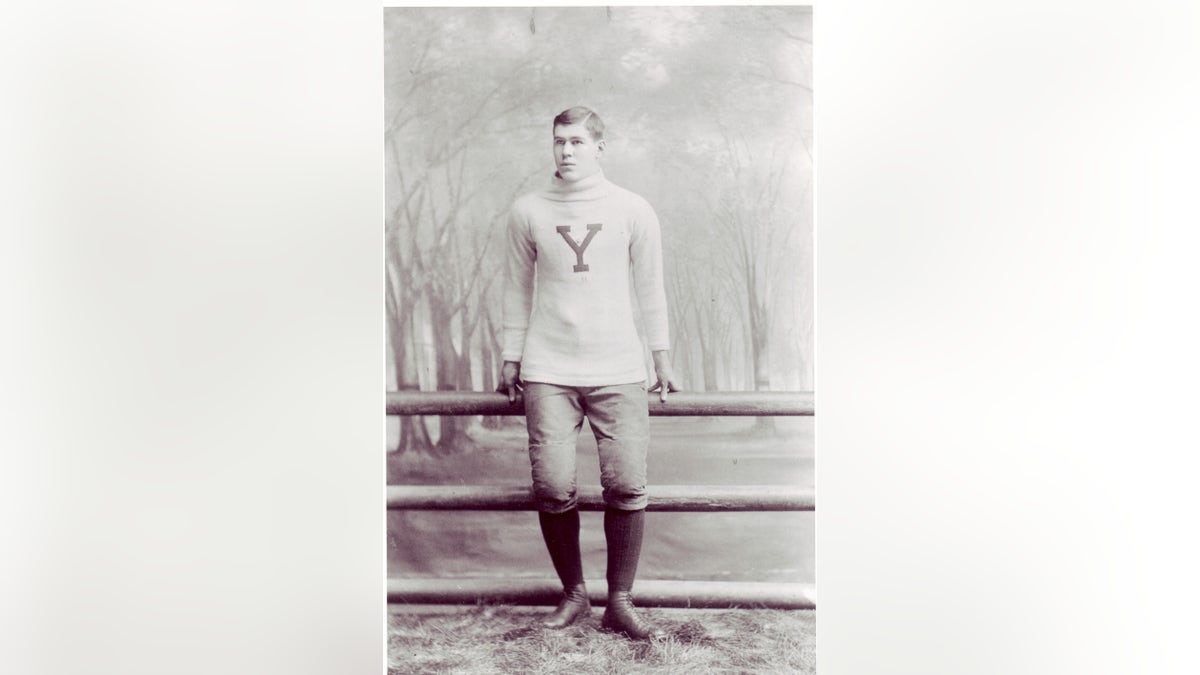
Pudge Heffelfinger starred at Yale from 1888 to 1891. Despite his nickname, he was not pudgy. But he towered over other players of the era. (Courtesy Pro Football Hall of Fame)
The 1888 Yale team, his freshman year, went 13-0 and outscored its opponents 694-0. It was the single most dominant team in more than 150 years of college football history.
“‘Pudge’ not only lettered in football, but he also lettered in baseball, rowing and track,” reports the Pro Football Hall of Fame.
He was reportedly the only four-letter athlete in Yale history and left Yale recognized as football’s greatest player.
Pro football’s birth certificate
Pro football of today grew out of community and company football clubs in the “Gridiron Breadbasket” of western Pennsylvania and Ohio.
These still-amateur teams were boosted by the growing popularity of college football.
ON THIS DAY IN HISTORY, NOV. 10, 1928, NOTRE DAME SHOCKS ARMY TO ‘WIN ONE FOR THE GIPPER’ AT YANKEE STADIUM
The Allegheny Athletic Association was founded on the north side of Pittsburgh in 1890, often fielding former college stars and competing against college programs.
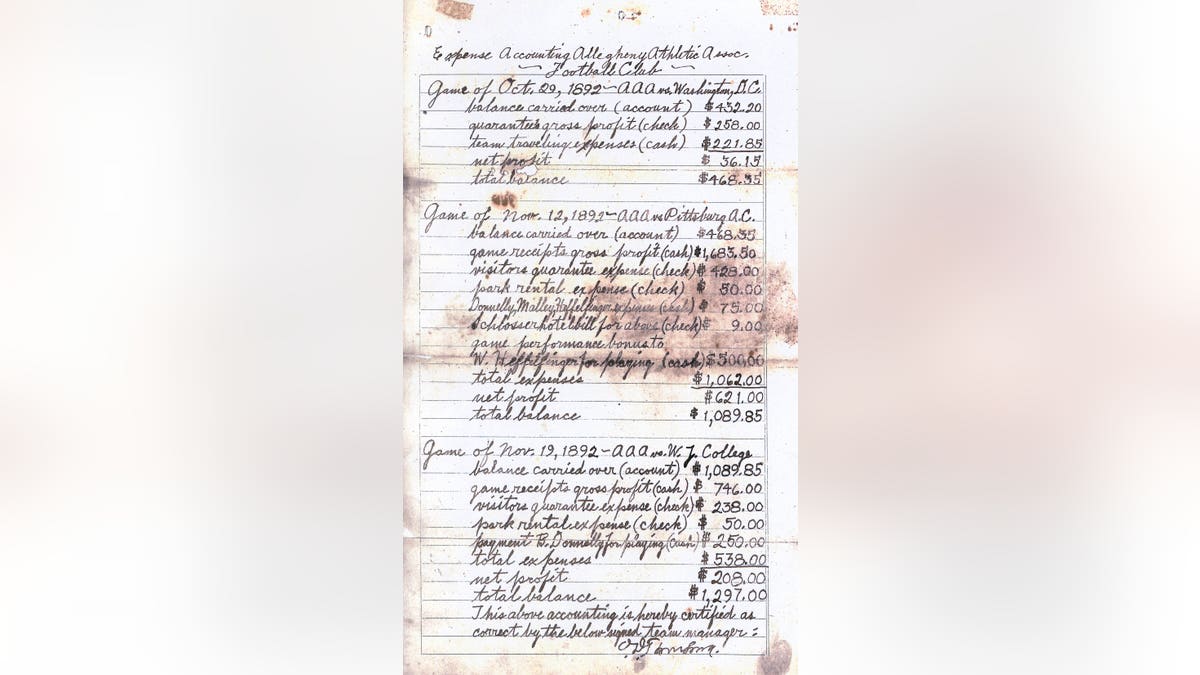
Pro football’s “birth certificate”: Dated Nov. 12, 1892, this Allegheny Athletic Club expense accounting sheet lists “game performance bonus to W. Heffelfinger for playing (cash) $500.00.” The ledger notation is the earliest evidence of a player being paid to play football. (Courtesy Pro Football Hall of Fame)
“The new club was a natural rival to the older Pittsburgh Athletic Club but labored under several disadvantages,” writes the Pro Football Researchers Association.
The “Triple A’s” sought to level the playing field the old-fashioned way: with money.
A handwritten ledger from the Allegheny Athletic Club shows an entry on Nov. 12, 1892 for “game performance bonus to W. Heffelfinger for playing (cash) $500.00.”
The Hall of Fame in Canton, Ohio, calls the document “Pro Football’s Birth Certificate.”
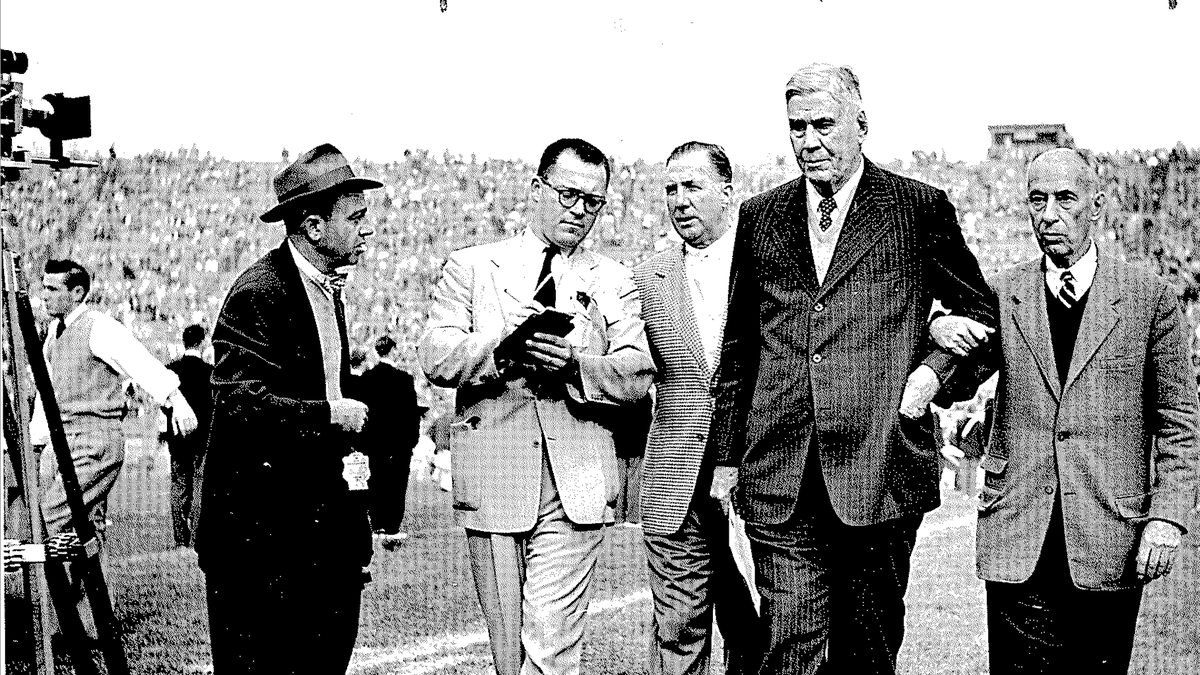
Pudge Heffelfinger was a Paul Bunyan-esque figure from Minnesota. He still towered over other men while being honored at an undated football game later in life. He continued to play football until his mid 60s. (Courtesy Pro Football Hall of Fame)
“Apparently, he was well worth it, as the Allegheny Athletic Club defeated the Pittsburgh Athletic Club, 4-0,” writes the Pro Football Hall of Fame.
“Heffelfinger recovered a fumble and returned it [25 yards] for a touchdown for the game’s only score. Touchdowns were worth just four points in 1892.”
The Allegheny Athletic Club netted a tidy $621 profit for the day, despite devoting nearly half the team’s $1,062 in expenses to Heffelfinger. The payout was big money at the time.
“The average annual income of a Pennsylvania family in 1892 was $834,” Pudge’s great-great-nephew, Tom Heffelfinger, told the Minneapolis Star-Tribune in 2018.
MEET THE AMERICAN WHO FIRST COMMANDED THE MARINES: REVOLUTIONARY WAR HERO SAMUEL NICHOLAS
The story of Pudge Heffelfinger, the first professional football player, lived on only through word of mouth and hazy legend for nearly 75 years.
History changed in the 1960s when a mysterious man walked into the office of Pittsburgh Steelers president Dan Rooney.
“After a brief discussion, the man gave Rooney a typed, 49-page manuscript about the early history of pro football,” the Pro Football Researchers Association reported in 1989.
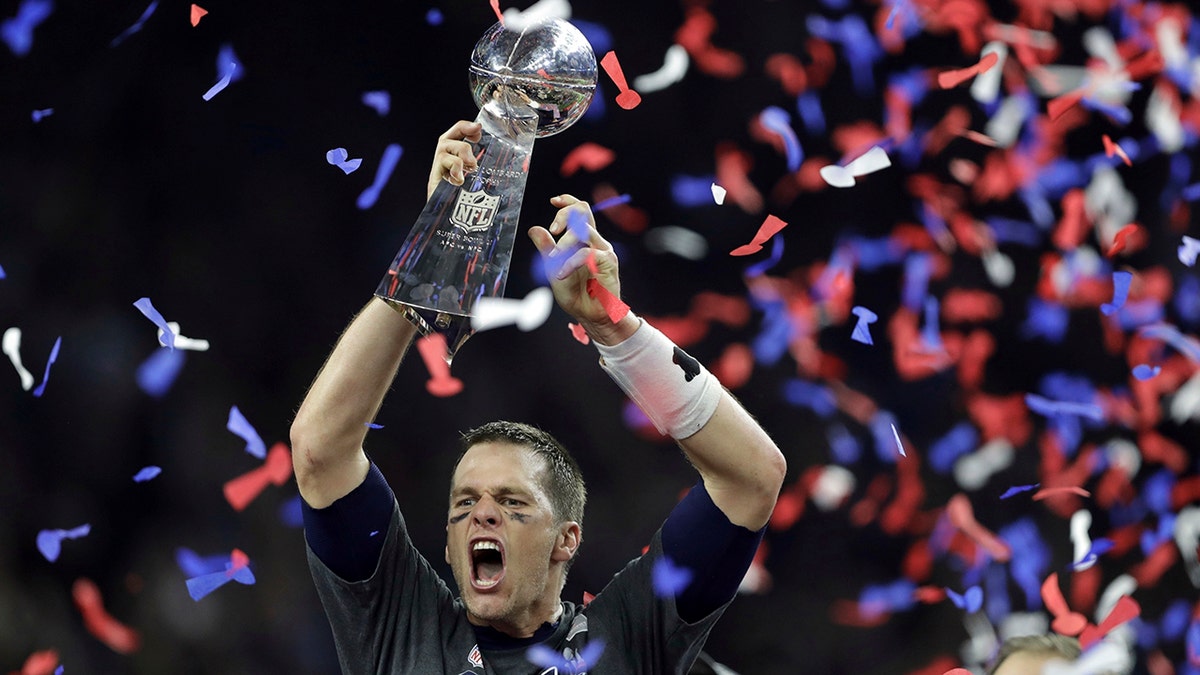
In this Feb. 5, 2017, file photo, New England Patriots’ Tom Brady raises the Vince Lombardi Trophy after defeating the Atlanta Falcons in overtime at the NFL Super Bowl 51 football game in Houston. Pro football today is about a $19 billion-a-year business. (AP Photo/Darron Cummings, File)
“When Rooney read the paper, he realized he had a piece of research of incalculable importance. Unfortunately, by that time, the man had departed.
As best Rooney could recall, the visitor’s name was Nelson Ross. But although Rooney tried to track down Ross, the man never resurfaced.
The Pro Football Hall of Fame dug into the story, and found in its files the ledger entry from the Allegheny Athletic Association showing the details of the day it made Heffelfinger the first pro football player.
The practice of paying players was formalized in 1920 with the creation of the American Professional Football Association. Two years later, it was renamed the National Football League.
‘Forever young’
William Walter Heffelfinger died on April 2, 1954, in Blessing, Texas. He was 86 years old.
The Texas Historical Commission memorialized the football great with a signpost tablet placed outside his burial site at Hawley Cemetery in Blessing.
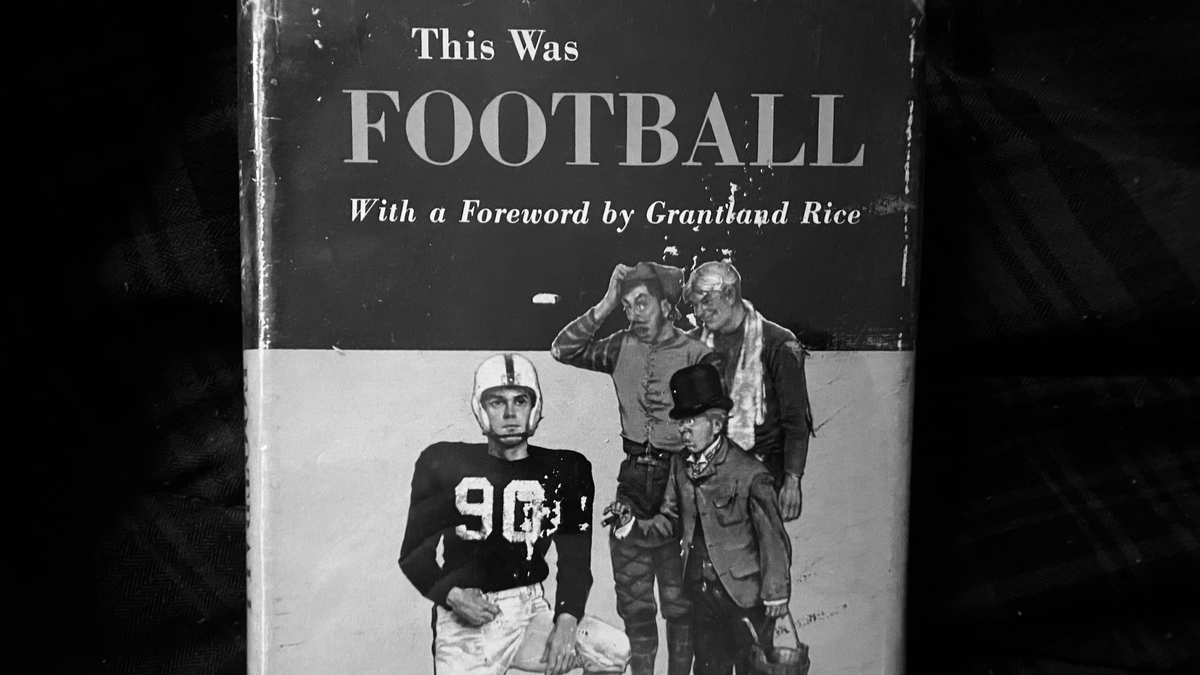
Wiliam Walter “Pudge” Heffelfinger, who played football into his 60s, chronicled his groundbreaking sports journey in the 1954 book, “This Was Football.” (Kerry J. Byrne/Fox News Digital)
It highlights his many contributions to the game, including his advent of the pulling guard and his induction into the College Football Hall of Fame in 1951.
Heffelinger enjoyed quite a life outside football, as politician, businessman and media mogul.
“Pudge gave forth an aura of shining light, a special, ageless glory … the living symbol of the game, indestructible and forever young.”
“He was a Minnesota delegate to the Republican National Conventions in 1904 and 1908. He served as Hennepin (Minnesota) County Commissioner from 1924-48 and even ran, although unsuccessfully, for Congress in 1930,” writes the Pro Football Hall of Fame.
But it was the moment in 1892, when his $500 exploits paid off in victory for the Allegheny Athletic Association, that heralded a new era in American culture.
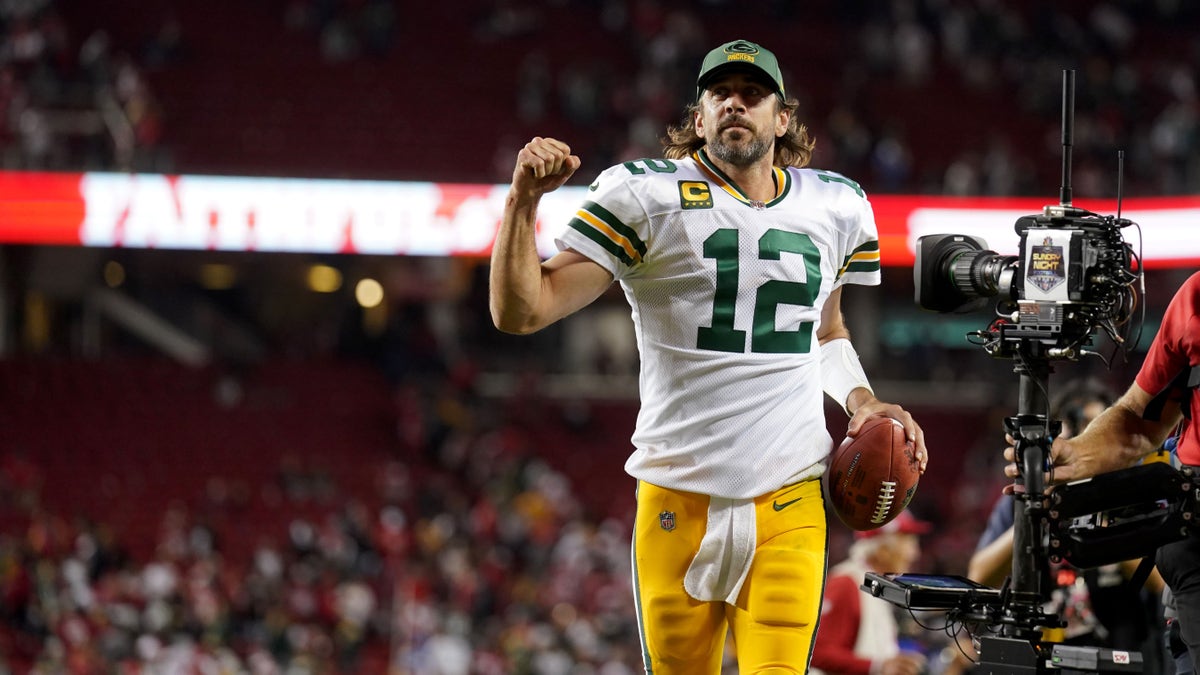
Then-Green Bay Packers quarterback Aaron Rodgers, number 12, jogs toward the locker room after the Packers defeated the San Francisco 49ers 30-28 at Levi’s Stadium in Sept. 2021. (Cary Edmondson-USA TODAY Sports)
Professional football today is the great colossus of global sports.
Its popularity in America is rivaled only by college football; its profitability around the world is matched by no other sport.
For instance, the National Football League generated $17.2 billion in revenue in 2021.
Today, it’s roughly a $19 billion-a-year business.
Game-day pay has also grown dramatically in the numerous autumns since Pudge pocketed five bills.
Heffelfinger likely would have marveled at all the changes.
“I’d love to live another 86 years — just to see what’s around the corner!” he enthused in his book, “This Was Football,” published the year he died.
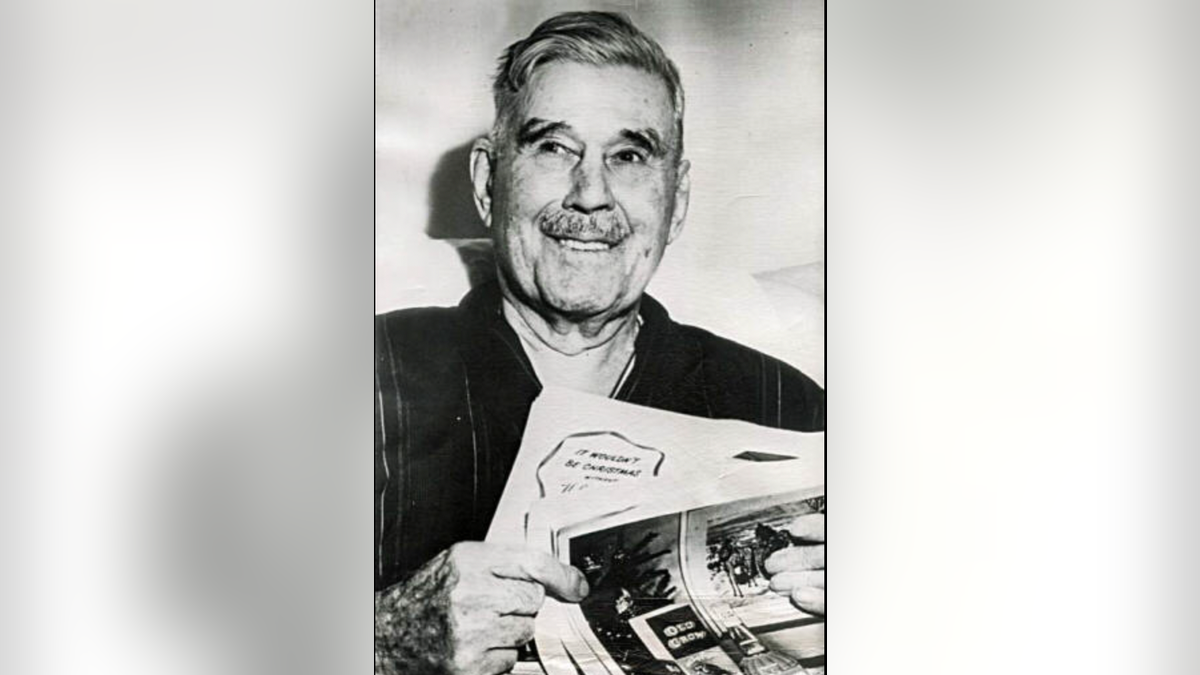
Pudge Heffelfinger at age 82 in Blessing, Texas, around 1950. He died at age 86 in 1954. Heffelfinger was the first athlete paid to play football. He continued to play competitive football until age 64. (Public Domain)
Grantland Rice dug deep into the well of English-language literature to find ways to pay homage to Heffelfinger.
To read more stories in this unique “Meet the American Who…” series from Fox News Digital, click here.
“To borrow a line from old Bill Shakespeare: ‘Cowards die many times before their death. The valiant never taste of death but once,” wrote Rice.
For more Lifestyle articles, visit www.foxnews.com/lifestyle
“Pudge gave forth an aura of shining light, a special, ageless glory. He was the living symbol of the game, indestructible and forever young.”
Read the full article from Here
Los Angeles, Ca
UCLA to become first California university to offer ChatGPT Enterprise accounts

UCLA will become the first university in California to implement OpenAI’s ChatGPT Enterprise, university officials announced Friday.
Access to advanced AI technology will be granted to students, faculty and staff engaged in initiatives focused on innovation in teaching, learning and research, according to a news release.
ChatGPT Enterprise is a business-focused version of ChatGPT with enhanced capabilities, security, and privacy.
“We are thrilled to bring this resource to our university and eager to see how Bruins will leverage this tool to foster innovation and drive efficiencies in diverse applications in the coming months and years,” Lucy Avetisyan, UCLA’s associate vice chancellor and chief information officer, said in a statement.
Later this year, UCLA will issue an open call for project ideas and proposals from students, faculty and staff to utilize the technology.
Other universities, like Columbia and Arizona State, also utilize ChatGPT Enterprise.
Southwest
Former NFL kicker reveals why he's backing Trump and how he's trying to help turn a key swing state red
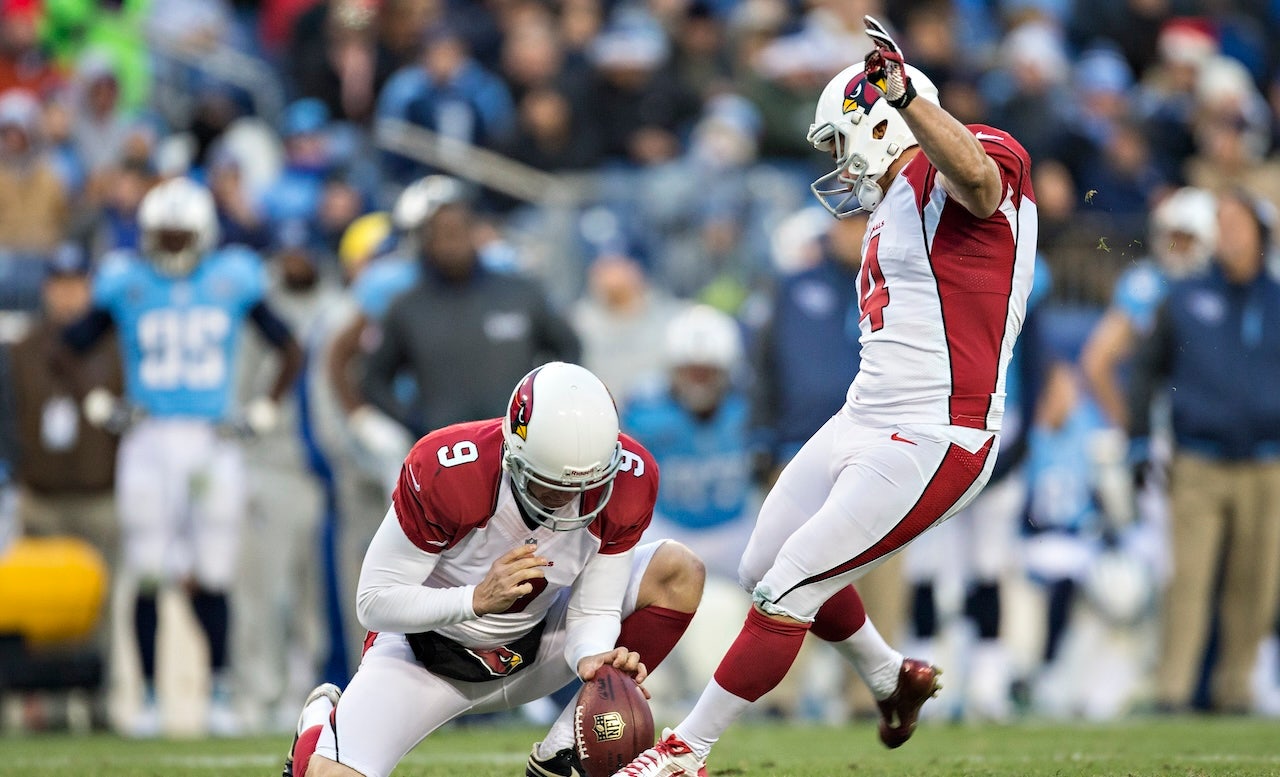
Former NFL kicker and “NFL on CBS” broadcaster Jay Feely has endorsed former President Donald Trump in the upcoming election.
Feely’s endorsement is one of many Trump has received from the sports community, also earning support from Hulk Hogan, Dana White and Brett Favre. He opened up about why he is putting his support behind the former president during an interview on OuKick’s “Don’t @ Me with Dan Dakich.”
“If you look at Donald Trump and you do it objectively, and you just look at his three or four years in office, really three years prior COVID, and you look at any objective measure compared to four years of the Biden-Harris administration, and you talk about the things that matter to people at home, you talk about the economy, you talk about safety, you talk about shelter, their home, the border, the economy, the things that matter to the people at home, by every objective measure Donald Trump did a better job than the Biden-Harris administration.”
Fox News Power Rankings voter response to candidates on the economy. (Fox News)
Feely grew up in Florida, but he and his wife currently live in Phoenix, where he first lived when he played for the Arizona Cardinals from 2010-2013. Feely has five children: Lexi and Delmonte, who are each married; Jace, who is also a kicker and plays at University of Colorado under Deion Sanders; and Abby and Olivia, who are in high school.
Feely believes that people in his state have a chance to flip Arizona back to voting Republican in the upcoming presidential election after Trump lost the state in 2020 to President Biden. However, he has a message to fellow Republicans in the state ahead of November.
“There’s over 200,000 registered Republicans in Arizona that didn’t vote in the last presidential election … If half of those people vote … just half the registered Republicans in Arizona, [Trump] wins the state of Arizona! It holds true in each of those swing states as well. So people who are registered Republicans, they just need to get out and vote for Donald Trump. I don’t understand to me, how you wouldn’t because the two parties have never been further apart,” Feely said.
WOMAN WHO WAS FORCED TO THROW MAGA HAT IN TRASH AT ARIZONA CARDINALS GAME GETS APOLOGY FROM TEAM
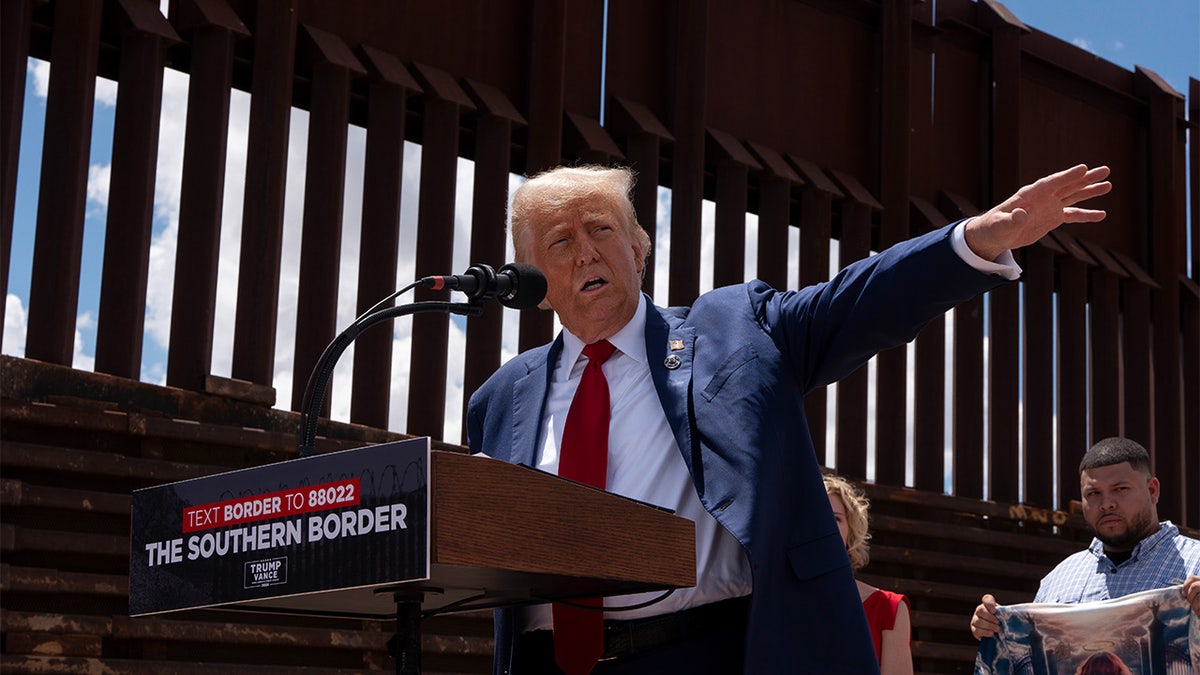
Republican presidential nominee former President Donald Trump speaks at the U.S.-Mexico border on Aug. 22, 2024 south of Sierra Vista, Arizona. (Photo by Rebecca Noble/Getty Images)
“The ideas and what they want to do with our country are so diametrically opposed to each other, that I don’t understand that are like ‘well I don’t like Donald Trump so I don’t think I’m going to vote for him,’ … to me, I don’t understand that. You vote for policy.”
A Fox News election survey published on Aug. 28 shows that Vice President Kamala Harris currently leads the former president in Arizona by less than one point. In the Arizona Senate race, Democrat Ruben Gallego leads Republican Kari Lake by 56%-41%.
Trump won the state in 2016 by 3.5 points. Arizona had previously been won by a Republican in 15 of the last 16 presidential elections dating back to 1952, only losing it once in that span, in 1996.
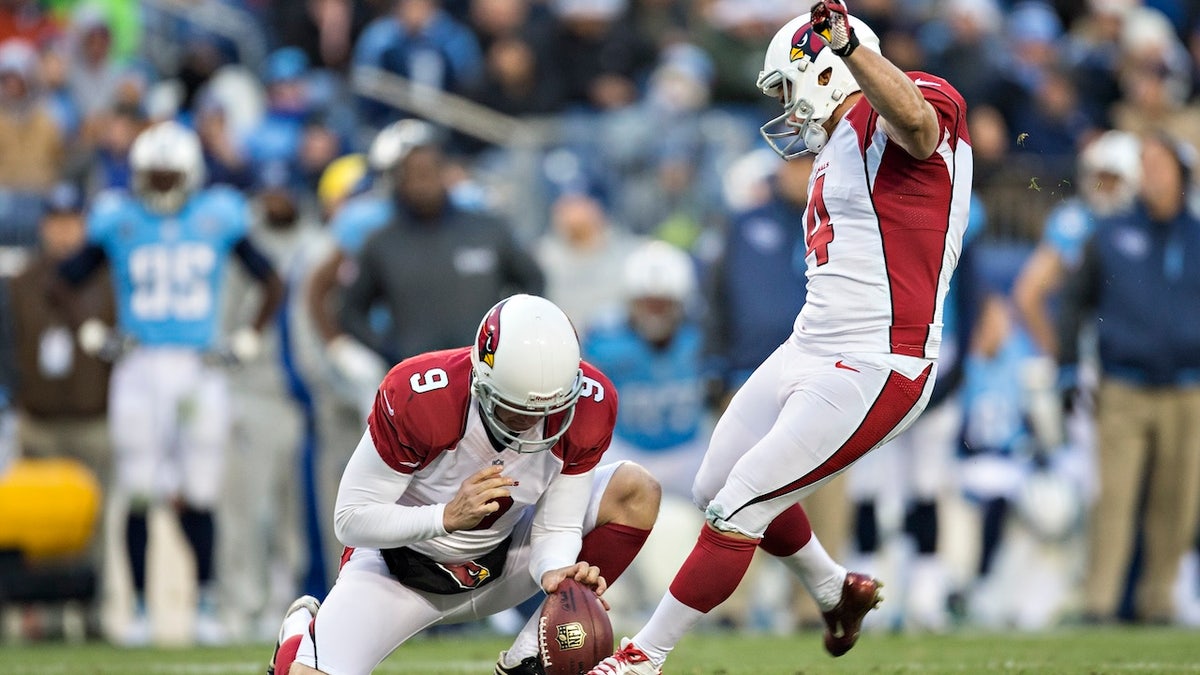
Jay Feely of the Arizona Cardinals kicks an extra point against the Tennessee Titans at LP Field on Dec. 15, 2013 in Nashville, Tennessee. (Wesley Hitt/Getty Images)
However, even more than election outcomes, Feely is hoping for a cultural change in American politics.
“I think we should be able to talk about politics and who we like without people casting stones, without saying ‘oh were going to cancel somebody,’” Feely said. “If you’re liberal and you believe in a certain politician, you should be able to talk about that, express your beliefs. If you like Trump, you should be able to express your beliefs.
“Hopefully we can get back to that someday.”
Follow Fox News Digital’s sports coverage on X, and subscribe to the Fox News Sports Huddle newsletter.
Read the full article from Here
-

 Movie Reviews1 week ago
Movie Reviews1 week ago‘Saturday Night’ review: A madcap backstage ode to Lorne Michaels’ legendary show
-

 News1 week ago
News1 week agoVideo: What Taylor Swift’s Endorsement Means for Kamala Harris
-
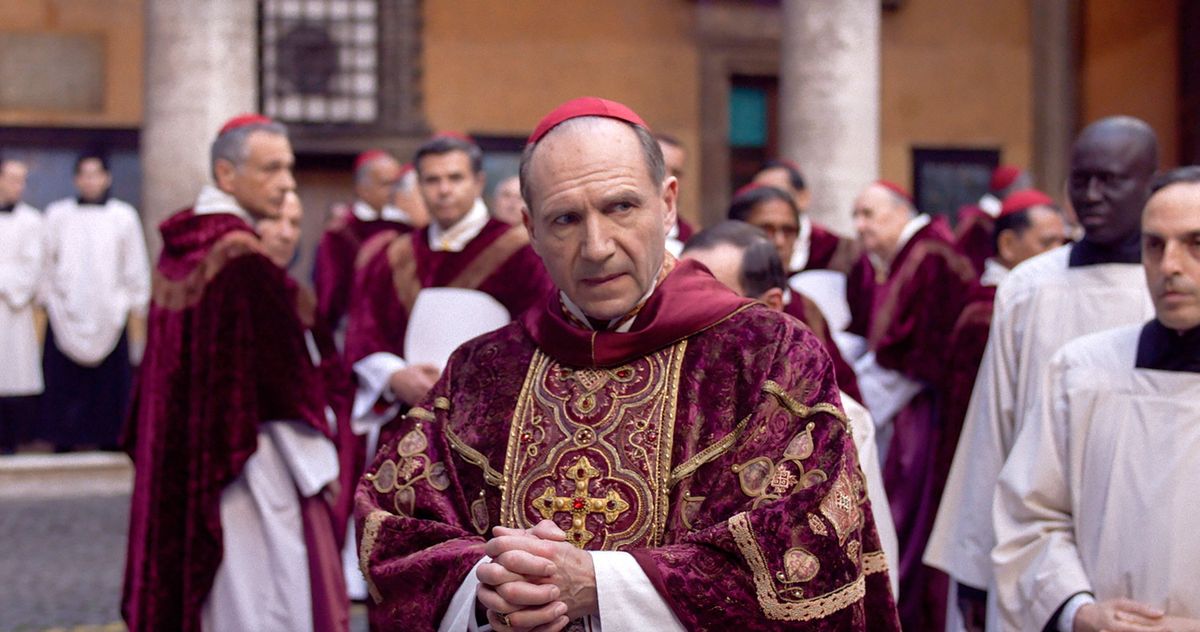
 Movie Reviews1 week ago
Movie Reviews1 week agoIs a Movie About Electing a Pope Allowed to Be This Entertaining?
-

 World1 week ago
World1 week agoWhat bombs did Israel use against the al-Mawasi ‘safe zone’ in Gaza?
-
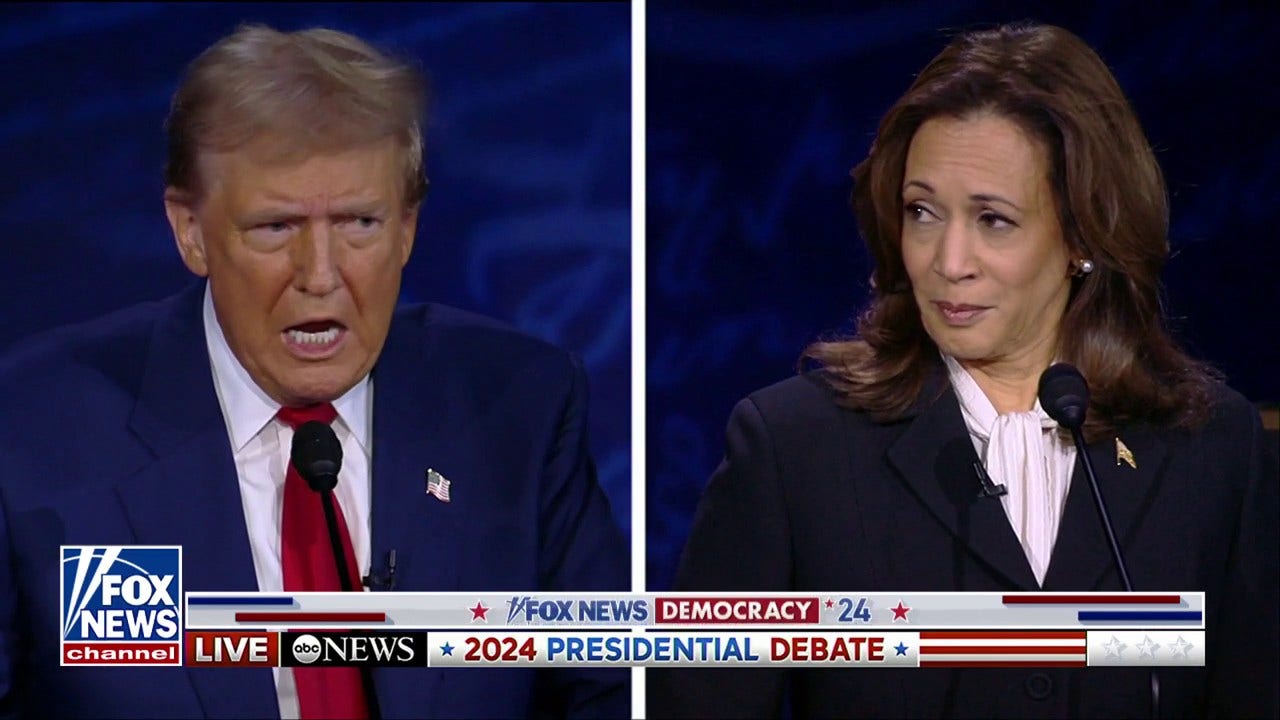
 Politics1 week ago
Politics1 week agoDemocrats heap praise on Harris' debate performance, say she 'destroyed' Trump's career
-
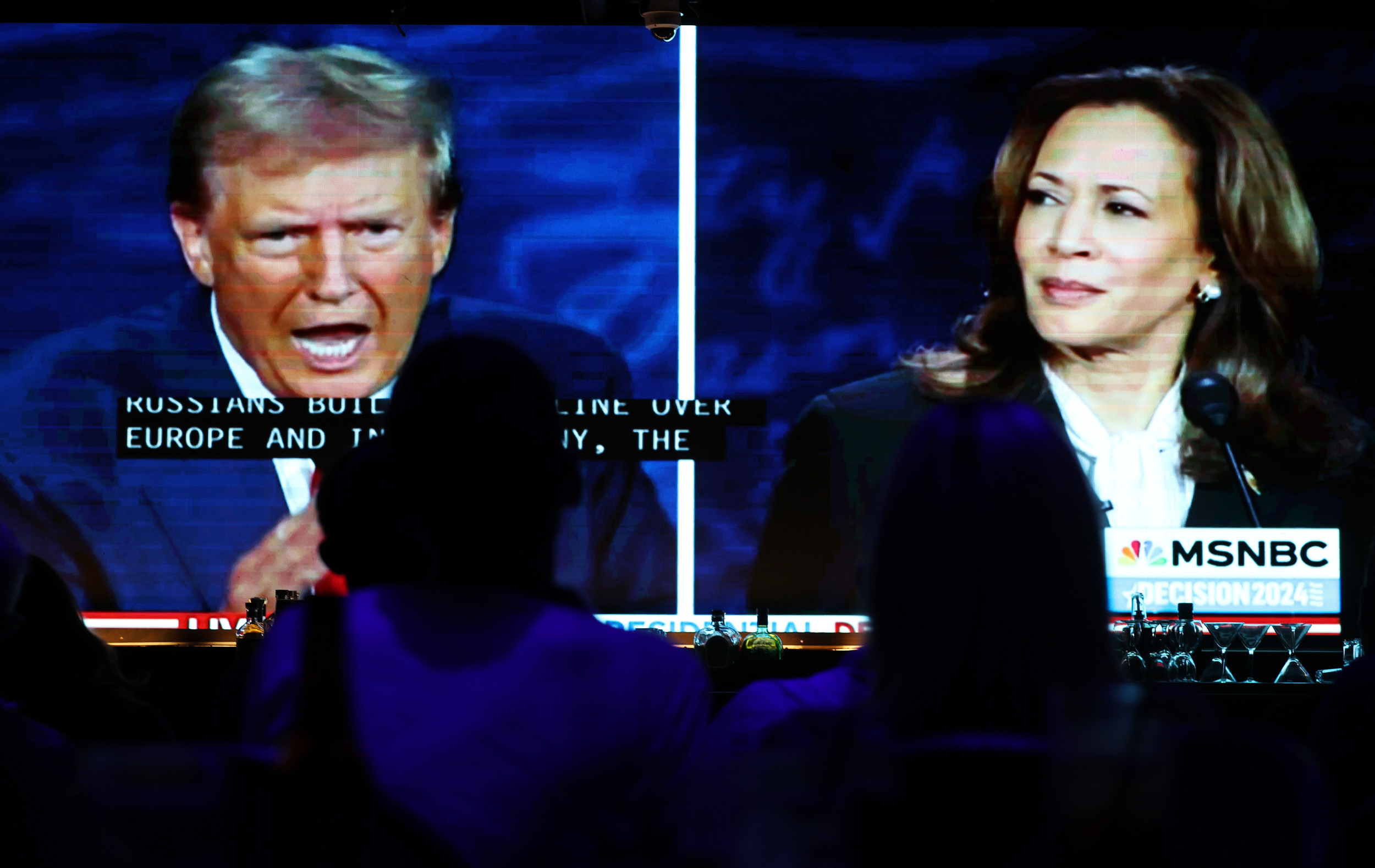
 News1 week ago
News1 week agoTrump and Harris’ first showdown attracts more viewers than Biden debate
-

 News1 week ago
News1 week agoVideo: Trump and Harris Clash in a Fiery Presidential Debate
-
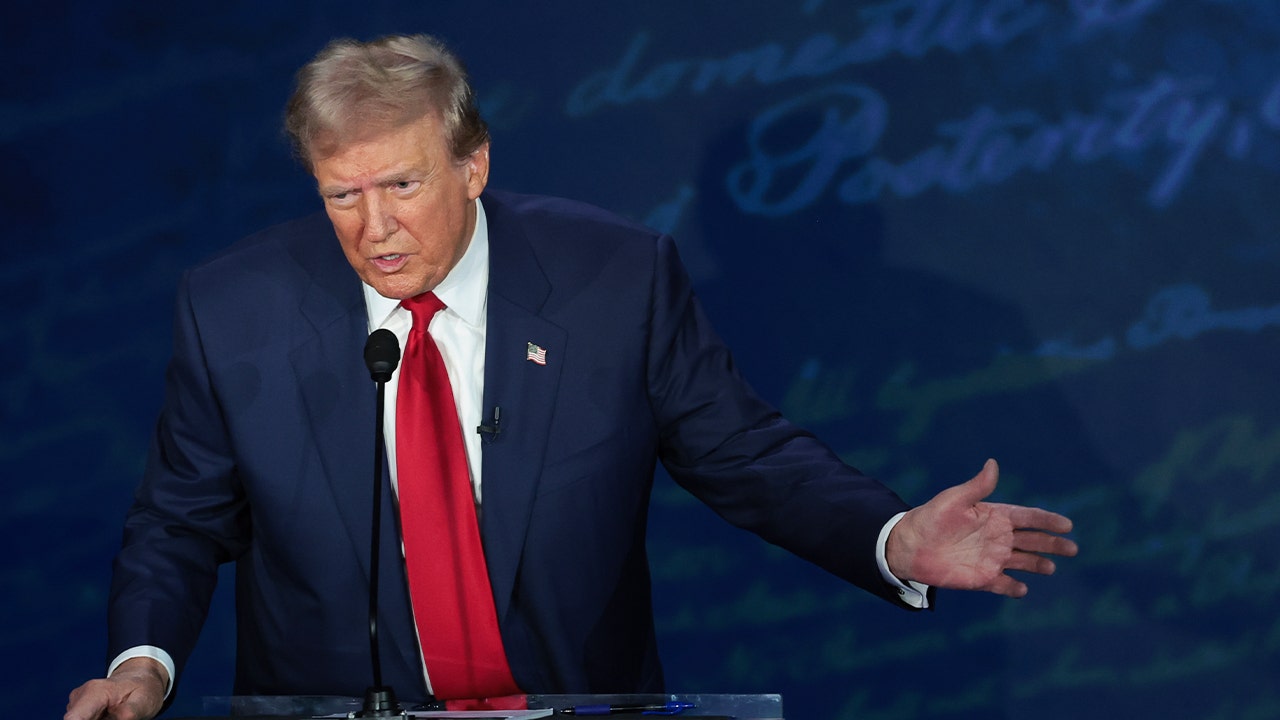
 Politics1 week ago
Politics1 week agoDem congressman says Trump should talk about dropping out after debate



